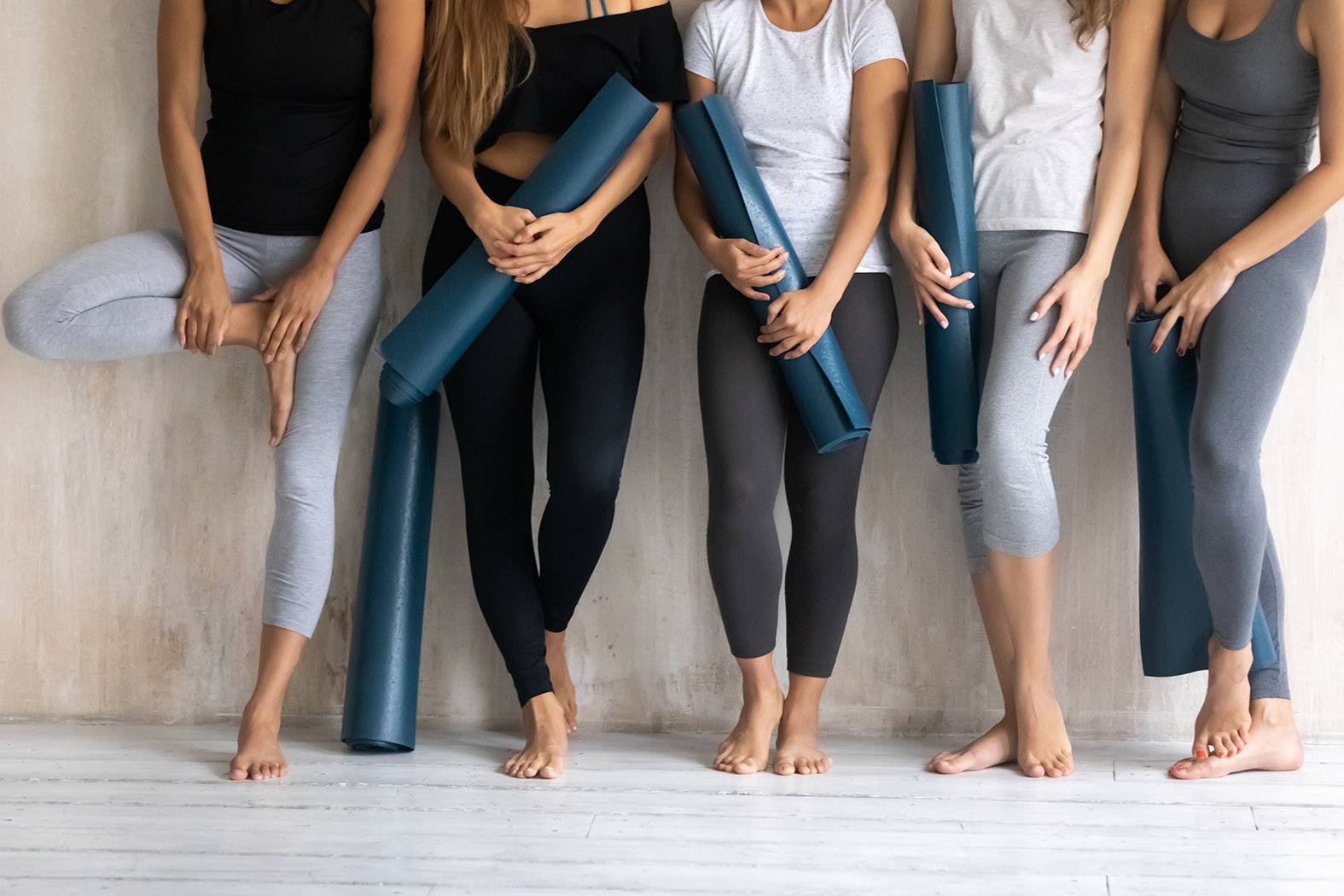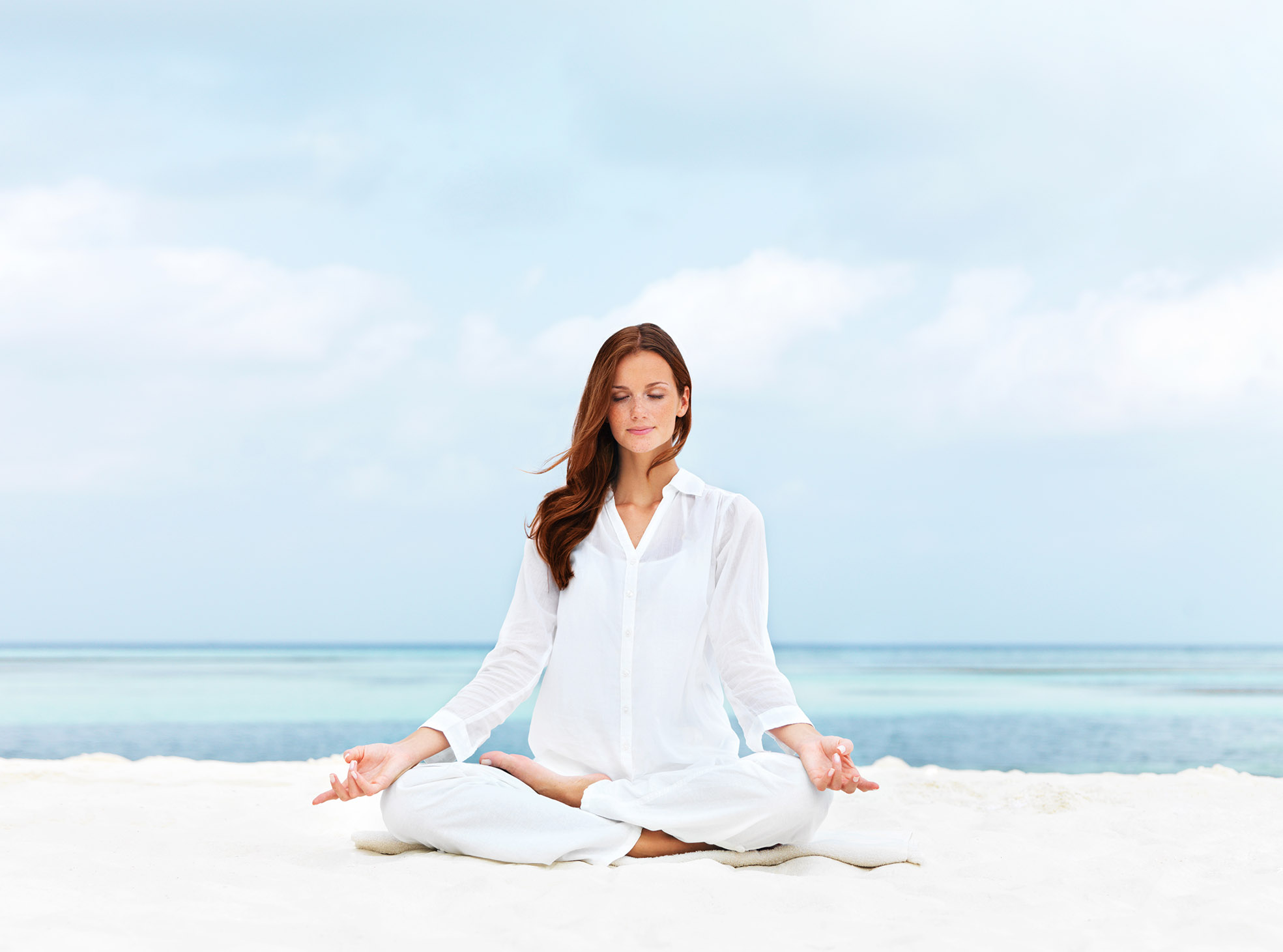Anxiety is never enjoyable. But it’s something that each of us experiences at some time or another. While it’s pretty unpleasant, it’s important to remember that it’s also a perfectly normal, natural reaction to certain situations. Anxiety is, after all, the body’s natural, biological response to stress. During Mental Health Awareness Week (18th to 24th May) where kindness is key, I’m looking into ways in which dealing with anxiety can help you ultimately feel better. And don’t forget, even if you’re not feeling anxious someone you know from a neighbour to a friend or family may be, so please be kind. You’ll also benefit, as this is so good for your own mental health and wellbeing. COVID19 means that we are living in supremely stressful times. So it’s hardly surprising that so many of us are feeling anxious, apprehensive or afraid most or all of the time.
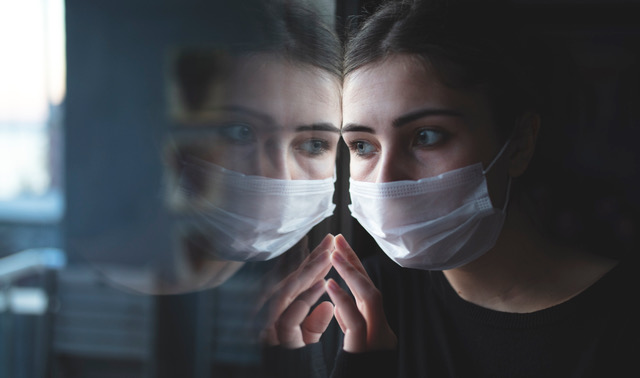
“Ordinary” anxiety comes and goes, usually subsiding once the perceived “threat” (job interview, driving test) is over. But there is nothing ordinary about our world today. Coronavirus is everywhere, and until an effective vaccine is discovered, it’s here to stay. If left unchecked, our anxiety will be too. The good news is, there are plenty of coping strategies available when dealing with anxiety. Different methods work for different people, on different days, for different reasons. The key is to experiment until you find a combination that works for you.
Breathe
Deep, focused, controlled breathing can be excellent for dealing with anxiety. It’s free, it’s simple, and you can do it anywhere, at any time. It helps to soothe both the physical symptoms of a panic attack, and reduce mental anxiety too. It might sound counter-intuitive, but if you feel like you can’t catch your breath, first of all, exhale. Our instinct is to try to breathe in as much air as possible – but to take a deep breath, you first have to give one away.
Next, try breathing in for four counts, and out for four counts, for a total of five minutes. Evening out your breath like this should help to slow your heart rate, which in turn should make you feel calmer. If you struggle to keep your concentration, deep breathing Apps, such as iBreathe and Breathe2Relax, can be very helpful.
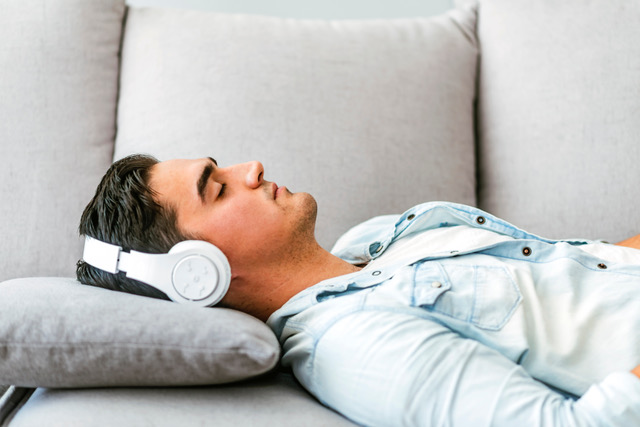
Meditation and mindfulness
Meditation and mindfulness can also be very effective at managing anxiety. Once again, Apps such as Calm and Headspace can provide useful guidance and examples if you’re new to these concepts.
Meditation involves understanding and acceptance. It can help to re-programme the brain’s neutral pathways, which in turn helps to improve our ability to regulate emotions. It’s a safe, controlled way to process our anxiety-inducing thoughts – and then let them go. Meditation helps by changing our relationship with anxiety. Through it we learn to recognise triggering thoughts, and how to break the cycle of anxiety.
Mindfulness is the quality of being present and fully engaged with whatever we’re doing, as opposed to being overly reactive or overwhelmed by what’s going on around us. It can be hugely helpful in dealing with anxiety.
Put simply, mindfulness is all about the now (not catastrophising about what may or may not happen in six months’ time). It’s about noticing the world around us, and making an effort to appreciate the present moment. That may involve focusing on a sight, sound, smell, taste or touch. This helps to stop us worrying about the past and the future – by accepting and welcoming the present instead.
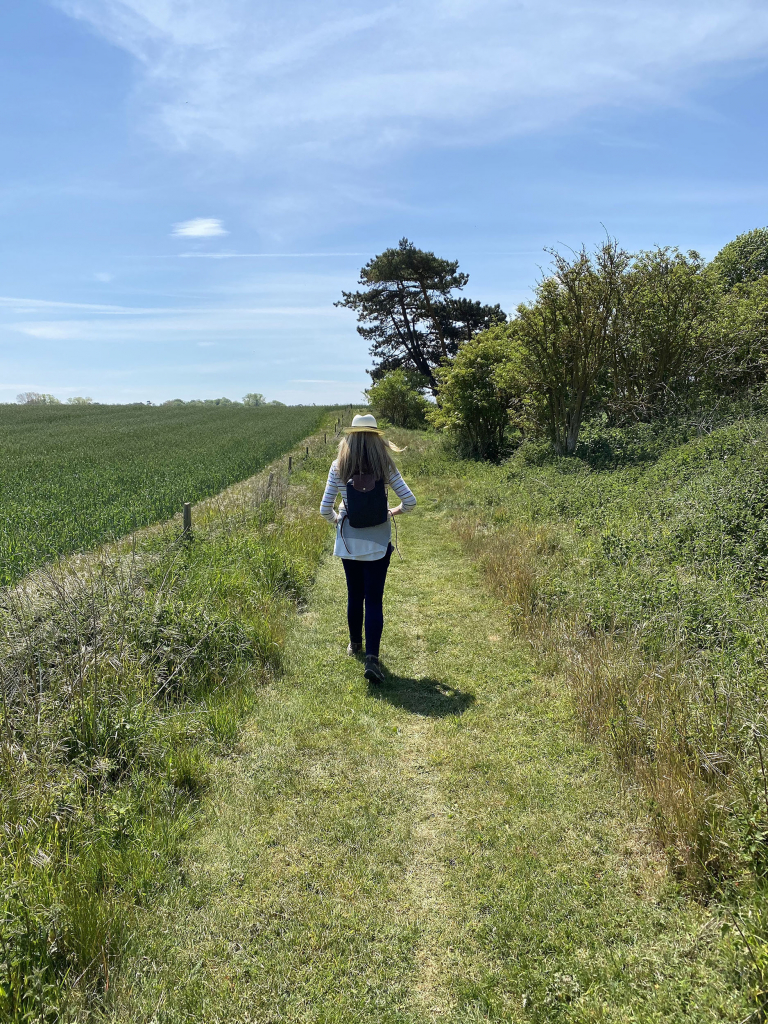
Stay active
If you’re feeling overwhelmed with worry, exercise probably won’t be your first priority. But it’s a really effective way of dealing with anxiety. Moving more will almost undoubtedly boost your wellbeing. That’s because exercise doesn’t just transform your waistline; it promotes all sorts of changes in your brain too. It can relieve stress and tension, boost your mental energy, and enhance clarity. Exercise releases endorphins, which help the body to relieve anxiety, stress and pain. Incorporating mindfulness into your daily activity (noting the wind on your skin as you walk, perhaps) will increase this effect.

Sweet dreams
It’s well known that anxiety can cause sleeping problems. And struggling to sleep makes most of us anxious. Breaking this vicious circle isn’t easy. But there are a number of steps you can take. Firstly, accept that your sleeping patterns may have changed. COVID19 has meant serious adjustments for many former routines. If you’re working fewer hours, or you’re exercising less, you might not need as much sleep as you used to. So experiment with bedtime. If you don’t have to get up at 6am for a two-hour commute, you can afford to stay up later. Take care not to oversleep the next day, though!
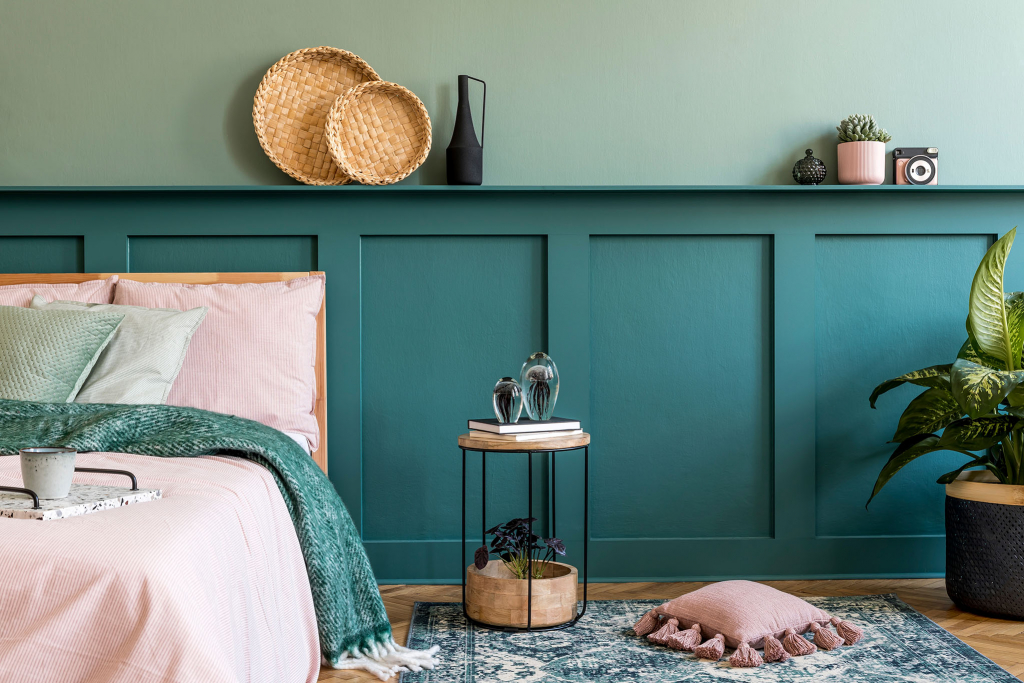
Most of us know that our bedrooms should be cool, quiet, dark and screen-free. But don’t forget to make your bed itself as welcoming as possible. Does your mattress need replacing? If that’s not possible, perhaps treat yourself to a new mattress topper instead. Fresh bedding and fancy pyjamas also help to make bedtime more of a treat. Self-care takes many forms and in times like these it’s absolutely key to dealing with anxiety. So make sleeping as easy and pleasurable as possible. You’re more likely to look forward to bedtime – and manage to drop off without excess worrying.
Switch off
Knowledge is power, so the saying goes, but you can have too much of a good thing. Ration your exposure to the news – and choose your sources carefully. Of course it’s good to know what’s going on in the world. But watching the TV compulsively, while scrolling endlessly through social media, is unlikely to soothe your anxiety levels. Especially with so much speculation and even fake news doing the rounds.
Protect yourself from the media onslaught. Try limiting yourself to updates – from a reputable source only – twice a day. Avoid articles that are all about conjecture. Focus on facts, be sensible who you follow, and keep an open mind. There are many versions of this quote, often attributed to Mark Twain: “I am an old man and have known a great many troubles, but most of them have never happened.” Don’t waste your resources and resilience worrying about what has or might yet happen. Look for the positives (there are always some somewhere), control the controllables, and above all, be kind to yourself.


